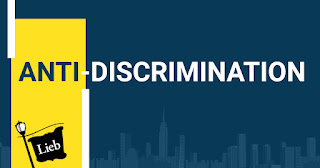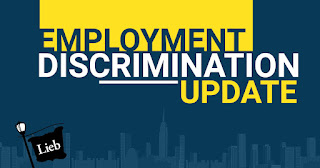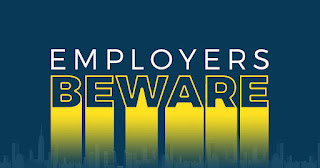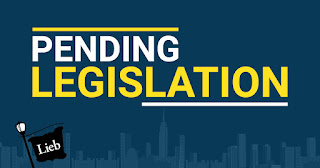Education discrimination is illegal throughout the United States and in certain states, like New York, there are even greater protections, rights, and damages available to victims and their parents.
When it comes to education, you and your child have a right to be free from harassment, bullying and other forms of wrongful discrimination that is perpetrated by teachers, the administration, or even other students (your peers). This applies to public schools, non-religious private schools, colleges and universities. Simply, you and your child can't be denied a right to learn because of who you are.
Anti-discrimination laws in education apply regardless of whether the discrimination is explicit or implicit. While we've all heard about equal access to sports between the sexes / genders, or even teachers having sex with their students, discrimination lawsuits more commonly concern bullying of minorities, the failure to give testing accommodations to disabled students, and, even, the failure to extend days off to religious observers. Simply, it is the administration's duty to make education equally accessible to all and this failure can result in a lawsuit.
On the federal level, Title IX of the Educational Amendments protects against sex discrimination while Title VI of the Civil Rights Act addresses race, color, and national origin discrimination, and finally Title II of the Americans with Disabilities Act (ADA) protects against disability discrimination. However, these federal laws on education discrimination were just limited by the Supreme Court and can, mostly, no longer result in victims receiving emotional distress or punitive damages.
Nonetheless, states, like New York, provide victims with the right to recover for their emotional distress and punitive damages. Moreover, New York adds protections by covering victims of discrimination with respect to additional categories, such as race, color, religion, disability, national origin, sexual orientation, military status, sex, age and marital status. New York even makes clear that it's own public school districts can be held accountable for discrimination based on an amendment to its laws from July 25, 2019, A3425.
If you or your child were a victim of education discrimination, it is important to act quickly and file your claim after hiring a lawyer. In New York State, claims against public school districts must be filed within 3 months after the discriminatory event. While the State's anti-discrimination laws otherwise provide up to 3 years for lawsuits against non-public schools (i.e., private schools / colleges / universities), it's nonetheless important to act quickly to preserve all the discriminatory evidence (i.e., audio / video), which is done by immediately sending what is known as a spoliation notice.
To be clear, discrimination victims, in New York, can recover compensatory damages (being made whole with emotional distress damages), punitive damages (punishment damages), and your attorneys' fees. The perpetrator can lose their license (if licensed as educators or otherwise), be required to take trainings, and be ordered to stop their offensive behavior. There are fines and more. Discrimination is wrong and must be stopped.
Don't be afraid to speak-up. If you are advancing an anti-discrimination right for yourself or your child, you are protected from retaliation. Even if it is ultimately found that you or your child was not discriminated against, you both can nonetheless be compensated for facing unlawful coercion, intimidation, threats, or other types of interference with your anti-discrimination rights. Again, this is not just true if you are advancing your own rights, it also applies if you are raising your child's rights, or another student's rights, because anti-retaliation laws protect anyone who aids and/or encourages someone else in exercising their rights to be free from discrimination.
Attorney Advertising

















